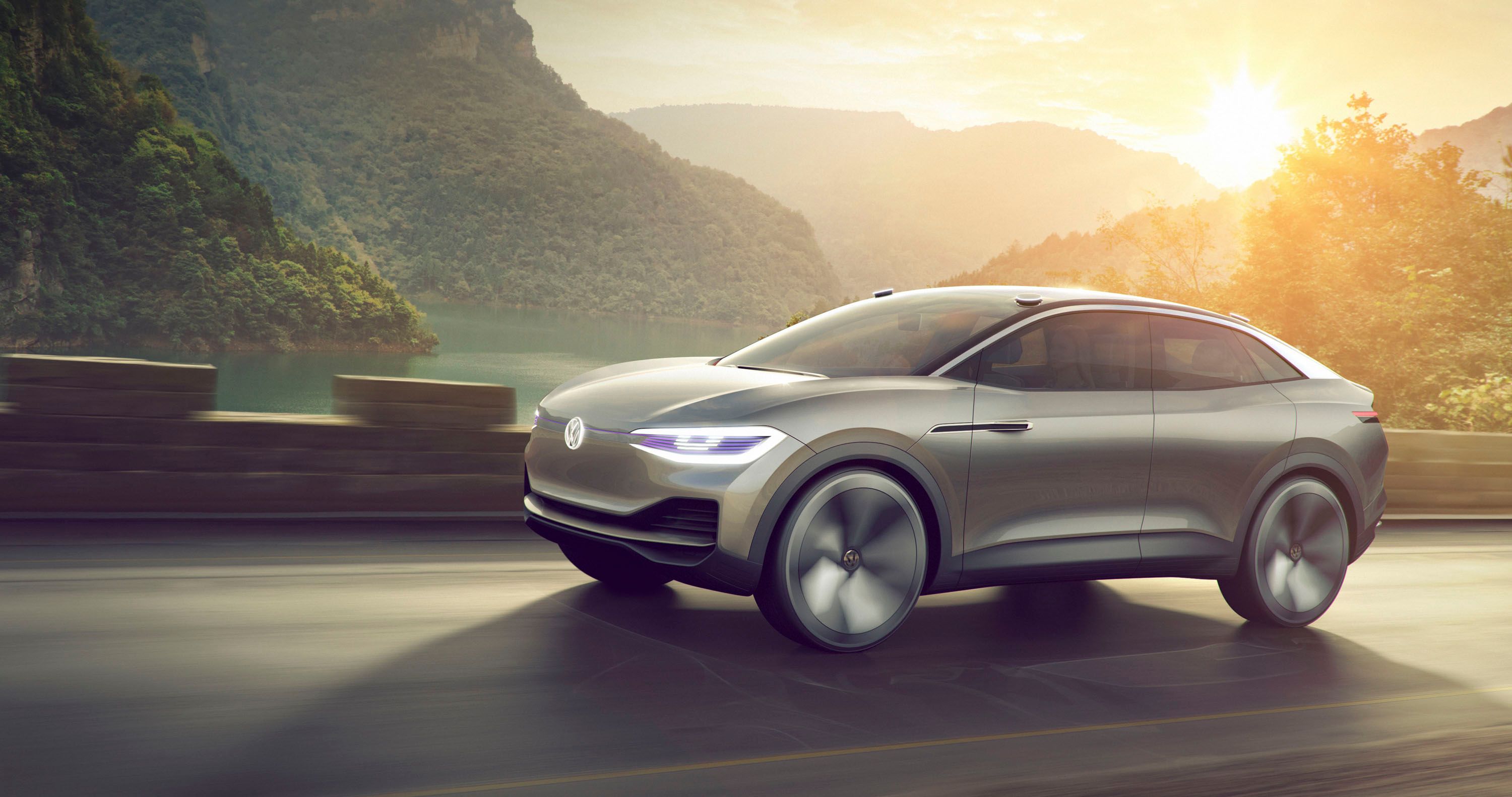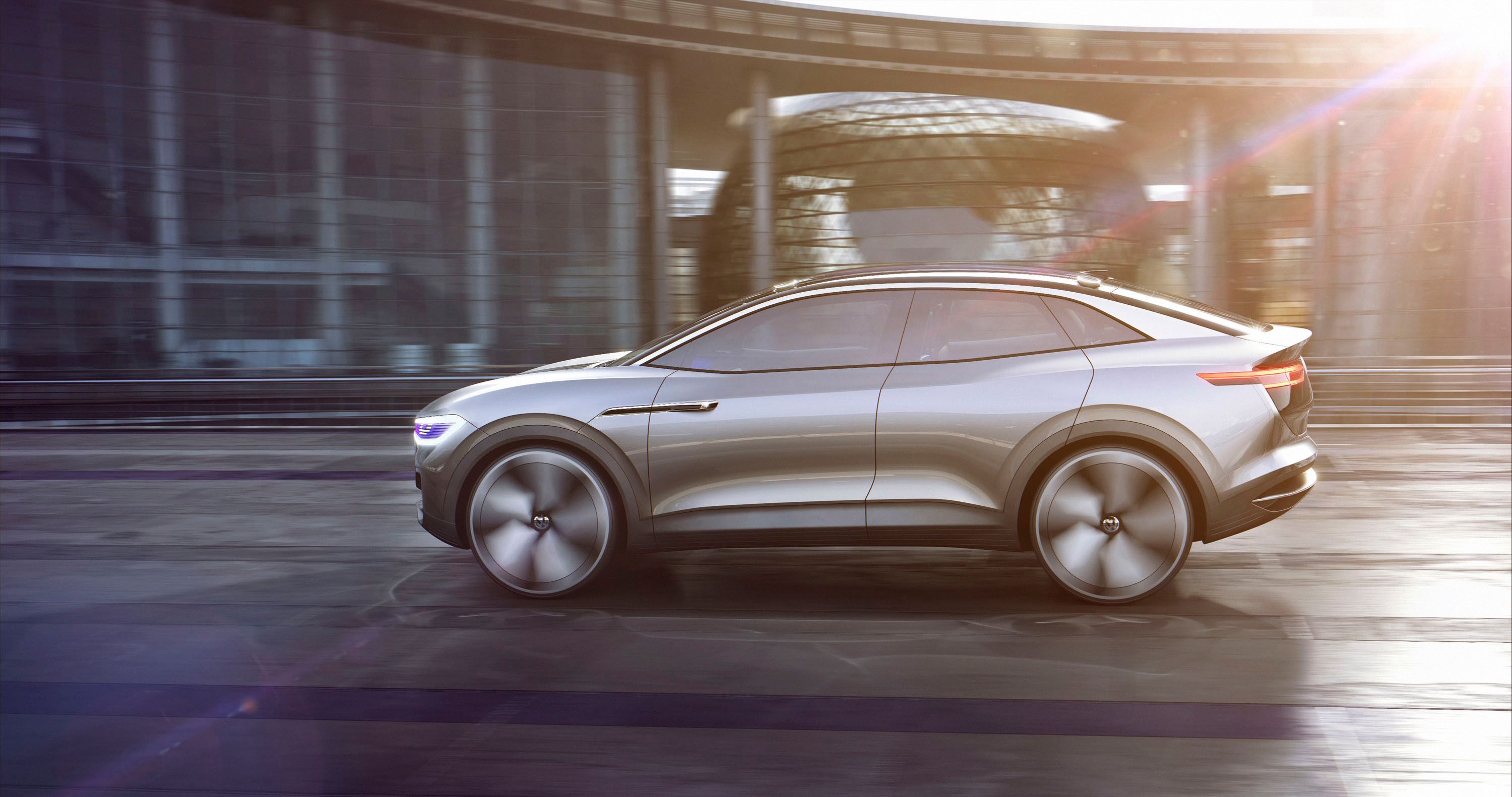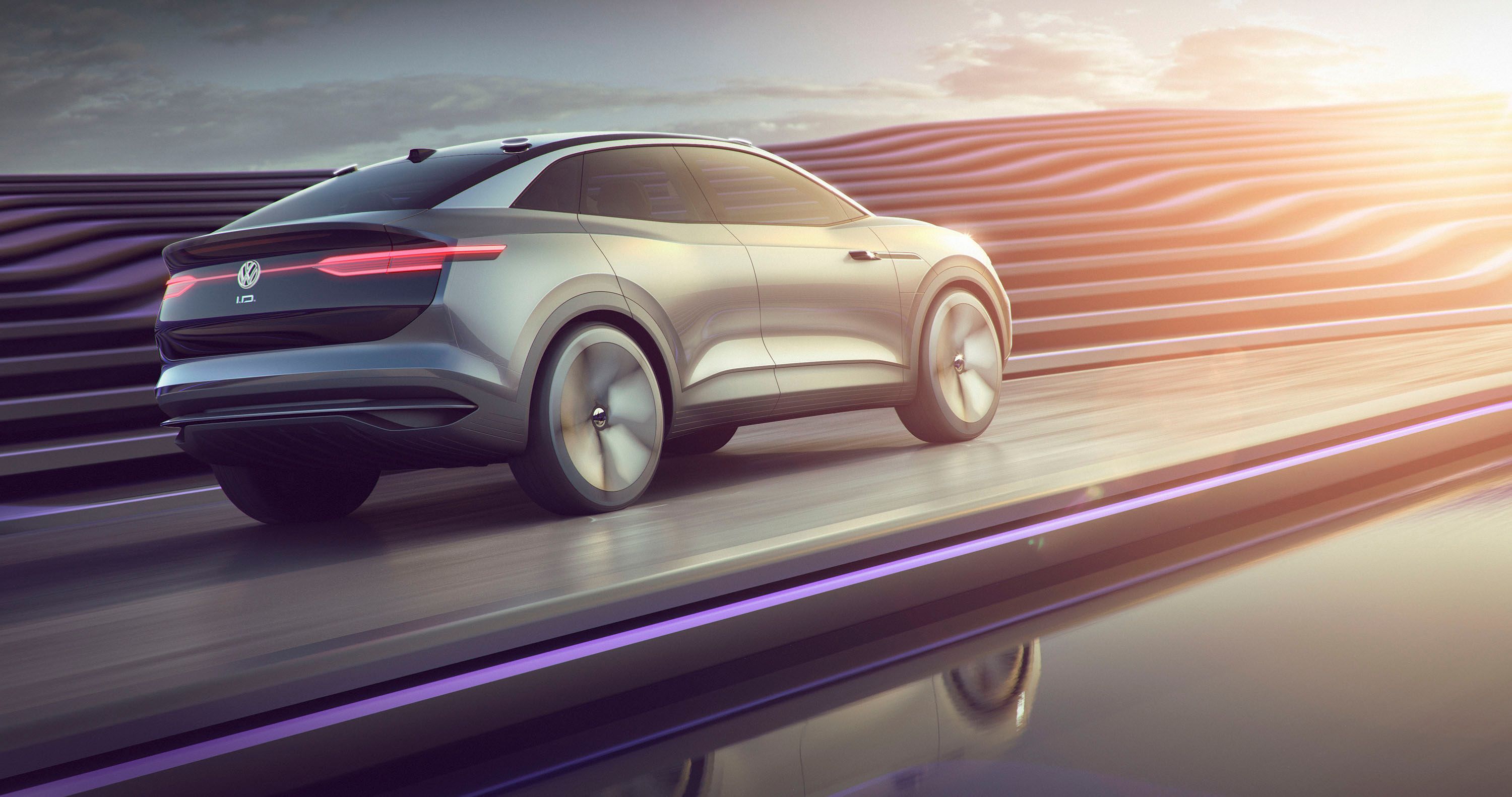Volkswagen’s I.D. lineup of electric vehicles keeps growing. The German automaker has already greenlit production versions of the I.D., I.D. Buzz, I.D. Crozz, and I.D. Vizzion concepts. Now, a new report indicates that Volkswagen isn’t done adding new models to the fold. A new subcompact crossover is under consideration for the all-electric I.D. range. The model is pegged as an entry-level vehicle that will cost a little over $21,000. If it gets approved, it could go on sale sometime after 2020.
It’s no secret that Volkswagen’s going all-in on its lineup of electric vehicles as it continues to bounce back from the Dieselgate scandal that all but crippled the company.
The latest word on that front comes to us by way of Bloomberg. The on-to-spot news agency is reporting that Volkswagen is planning another electric vehicle, one that’s going to be cheaper than anything that it already has on the table. At the moment, the yet-to-be-identified subcompact, entry-level crossover carries a sticker price of around $21,000. If the model gets the green light for production, Volkswagen expects to sell 200,000 units of this particular model.
The inclusion of this model already bolsters an impressive lineup of electric vehicles that are covered under the I.D. sub-brand, joining the Vizzion sedan, Crozz crossover, Buzz minivan, and the I.D. Neo compact hatchback. The Neo is the first electric car to be produced under the I.D. sub-brand, with sales expected to begin sometime in 2020.
Volkswagen’s aggressive push to becoming a big player in the electric car business also isn’t without its dose of irony. The German automaker appears inclined to let everyone know that it’s turning over a new chapter in its life after the scandalous Dieselgate controversy that cost it billions in fines and penalties. That’s great on the surface, at least until you realize that these moves come from a company that once tried to cheat the system with its diesel emissions figures. It ended up getting caught, igniting a global scandal that the company is still reeling from to this day.
From my vantage point, all this walk of Volkswagen spending billions on all the technologies associated with electric cars — battery tech being the most important — is nice to hear. But until we see clear and concrete results, we’re not going to get our hopes up.
Further Reading
Read our full review on the 2018 Volkswagen I.D. Vizzion Concept.
Read our full review on the 2017 Volkswagen I.D. Buzz.
Read our full review on the 2017 Volkswagen I.D. Crozz II
Read our full review on the 2017 Volkswagen I.D. Crozz
Read our full review on the 2016 Volkswagen ID Concept.





